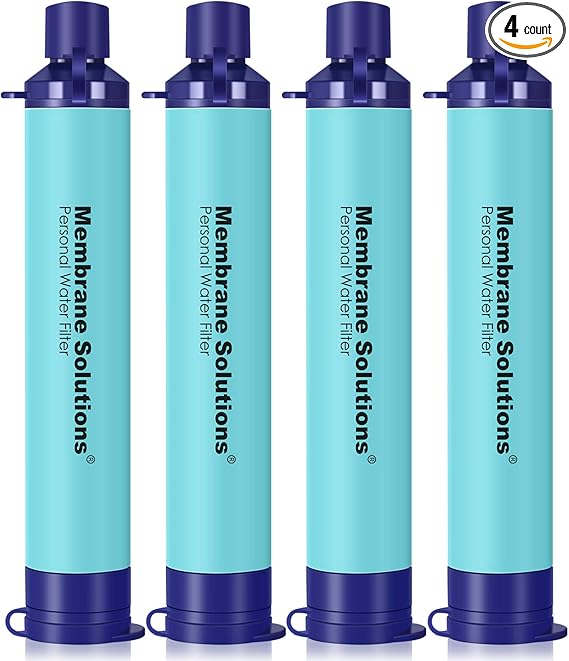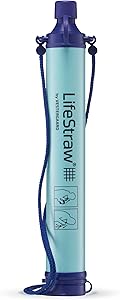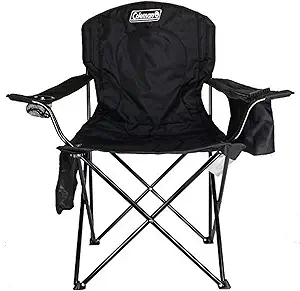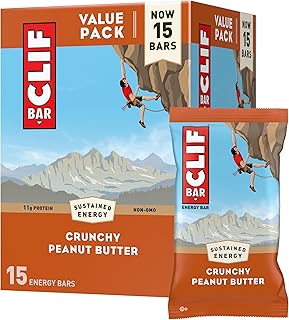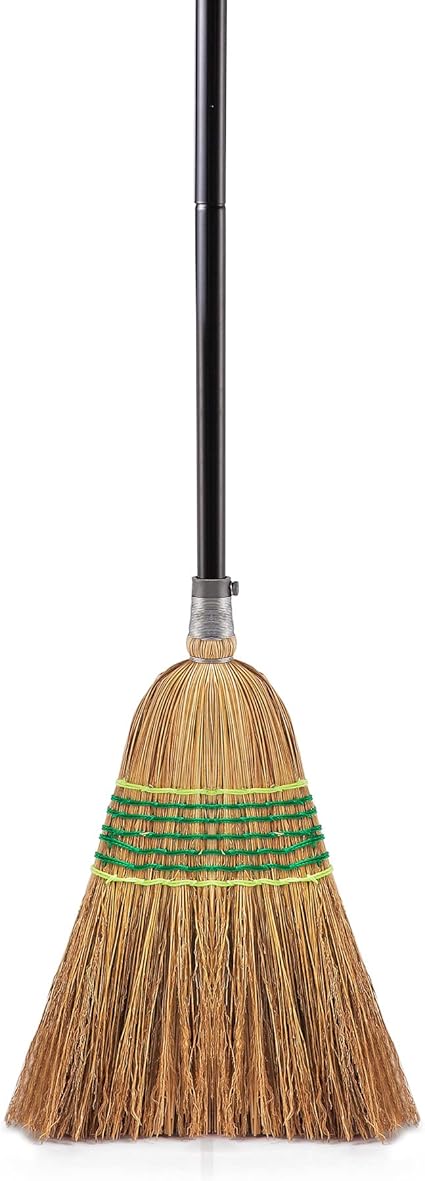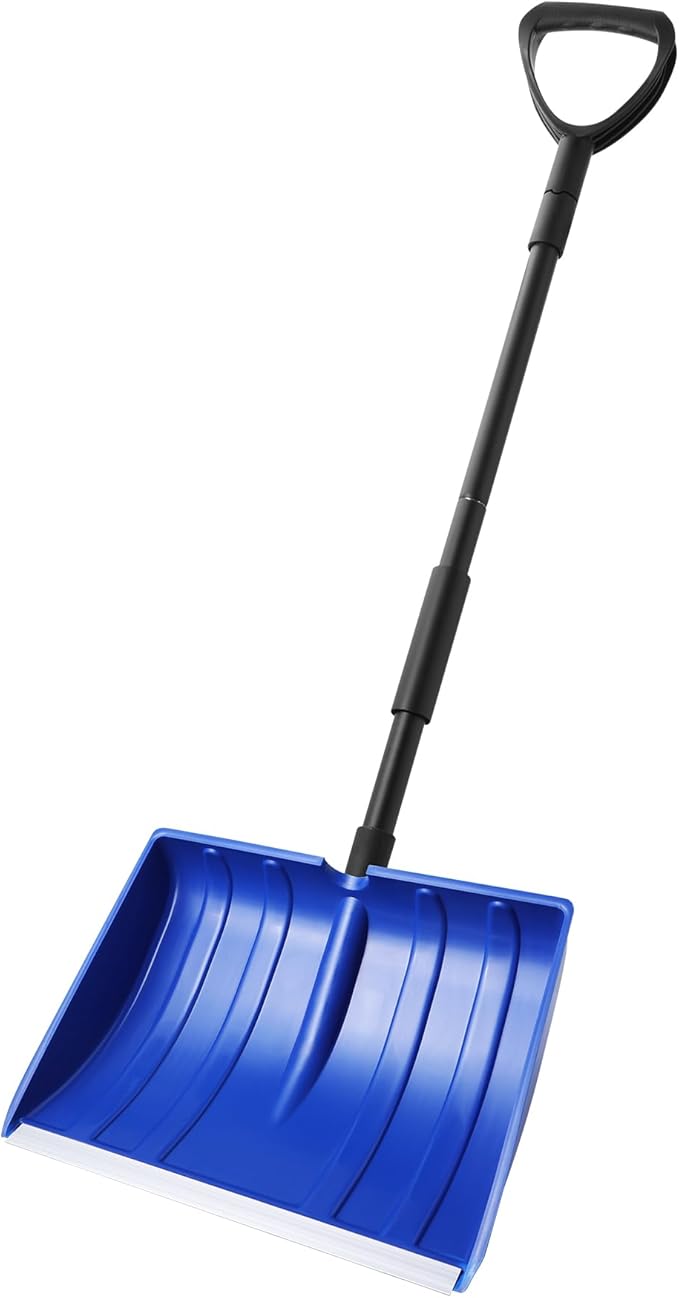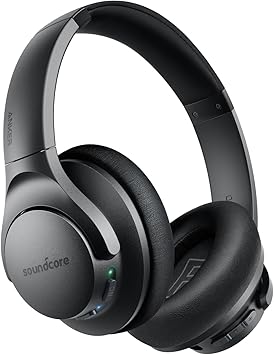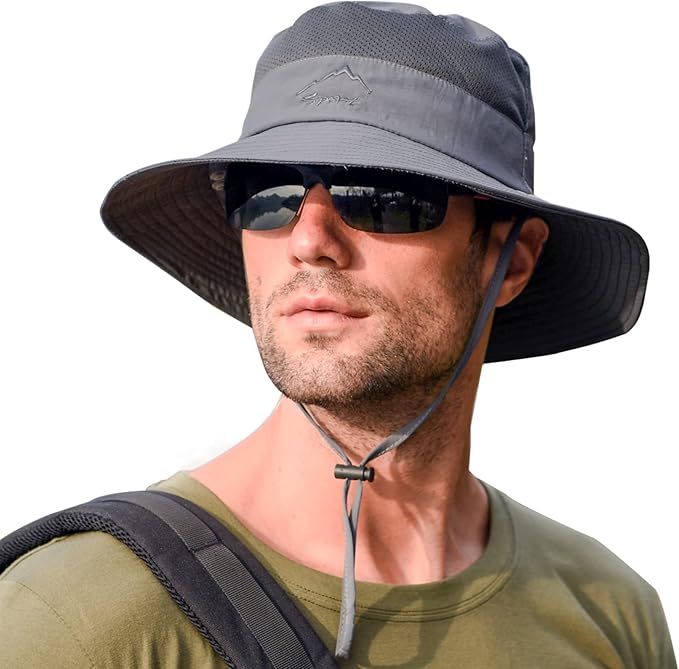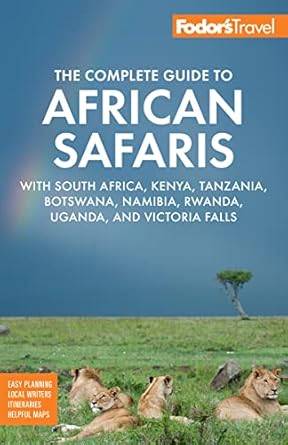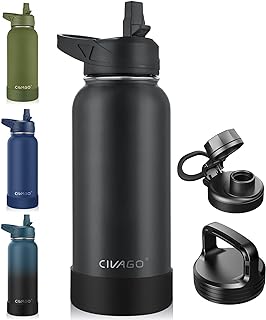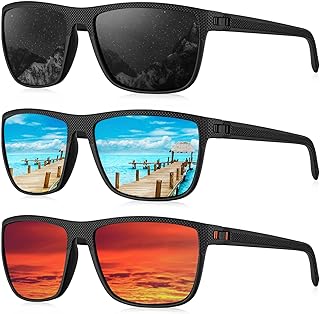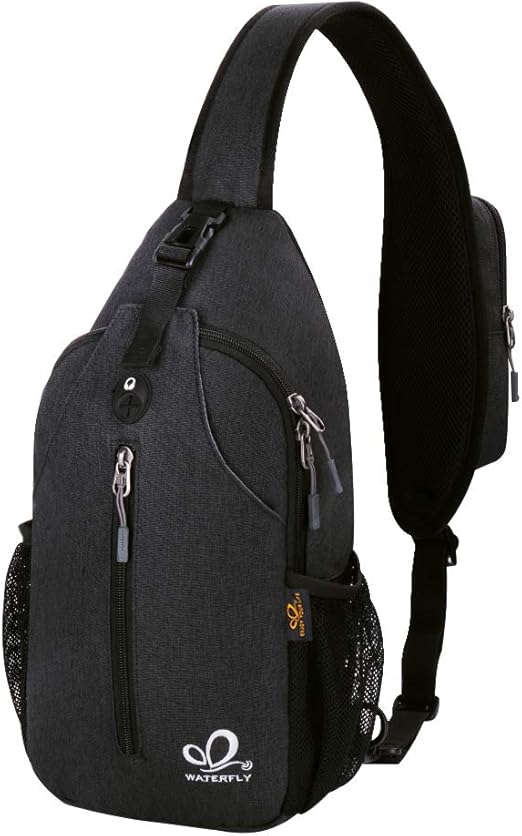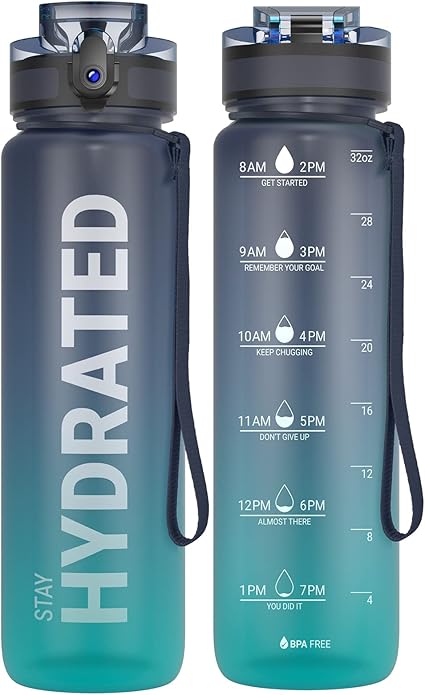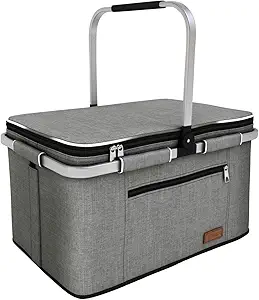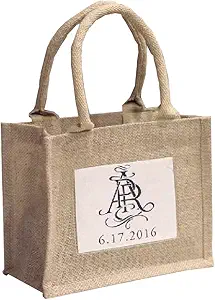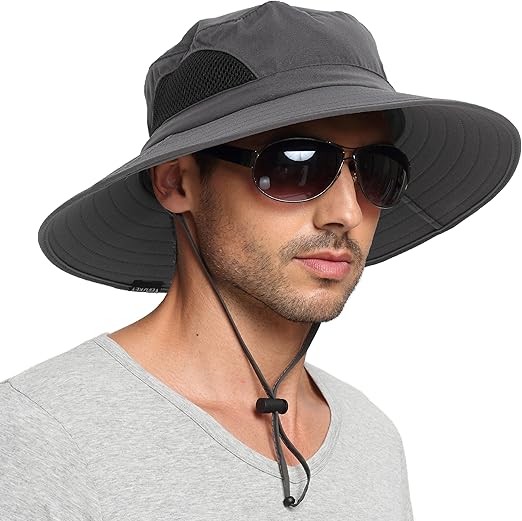30 Quick Travel Q&As for Smarter, Stress-Free Adventures
Traveling is one of life’s greatest joys, but it often comes with questions that can overwhelm even seasoned explorers. From booking flights to packing essentials and navigating airports, travelers constantly look for quick answers to common problems. That’s where a handy Q&A-style guide makes the difference.
This post brings together 30 quick travel questions and answerdesigned to make your trips smoother, smarter, and stress-free. Whether you’re planning your first adventure or your fiftieth, you’ll find practical advice to keep your travels enjoyable.
Q1. Are travel credit cards worth it.?
Yes, Travel credit cards can be highly valuable if you travel frequently, as they offer rewards, lounge access, and savings on flights or hotels. However, they come with annual fees and require full monthly payments to avoid interest.
Q2. Are travel agents cheaper.?
Travel agents aren’t always cheaper. They can save time and provide bundled deals, exclusive discounts, or access to packages, but online booking often offers lower prices. For complex trips, agents may add value, while simple trips may be cheaper if booked independently.
Q3. Are travel bags allowed in flights?
Yes, travel bags are allowed on flights, but airlines have rules regarding size, weight, and type for carry-on and checked luggage. Overweight or oversized bags may incur extra fees. Always check your airline’s baggage policy before flying.
Q4. Are travel tours worth it?
Travel tours can be worth it for convenience, expert guidance, and curated experiences, especially in unfamiliar destinations. They save planning time and provide local insights. However, they may limit flexibility and spontaneity.
Q5. How important is travel insurance?
Travel insurance is highly important as it protects against medical emergencies, trip cancellations, lost luggage, and unexpected disruptions. It provides financial security and peace of mind, especially during international travel or adventure activities.
Q6. Can travel insurance can be cancelled?
Yes, travel insurance can usually be cancelled, often within a free-look period for a full refund. After that, partial refunds may apply depending on policy terms. Cancellation rules vary by provider and type of coverage.
Q7. How travel guarantee works?
A travel guarantee ensures your bookings are protected against cancellations, delays, or service failures. If an airline, hotel, or tour provider cannot deliver as promised, the guarantee provides refunds, rebooking, or compensation. Coverage depends on the provider and terms.
Q8. Does travel guarantee confirm ticket?
No, a travel guarantee does not automatically confirm tickets. It protects your bookings by ensuring refunds, rebooking, or compensation if services fail. You still need to secure and confirm tickets separately with the airline, hotel, or tour provider.
Q9. Can you travel international without a passport?
No, you generally cannot travel internationally without a passport, as it serves as official identification and proof of citizenship. Some regional agreements allow travel with national ID cards, but passports are almost always required for flights and border crossings.
Q10. Which travel insurance is best in USA?
-
Berkshire Hathaway Travel Protection: Offers customizable plans with strong customer satisfaction.
-
Allianz Global Assistance: Known for comprehensive coverage and 24/7 assistance.
-
Travelex Insurance Services: Provides robust coverage at reasonable prices.
-
World Trips: Ideal for international traveller's seeking affordable plans.
Q11. What travel accessories do i need to carry?
Essential travel accessories include a comfortable backpack, passport holder, travel pillow, reusable water bottle, portable charger, travel-sized toiletries, and noise-cancelling headphones. These items enhance convenience, comfort, and organization during trips.
Check the link for more travel accessories
Q12. What is the best time to visit for Bali?
The best time to visit Bali is April to October, during the dry season. These months offer sunny weather, low humidity, and ideal conditions for beaches, outdoor activities, and sightseeing. Avoid the rainy season (November to March) to minimize disruptions.
Q13. What is the best time to visit to Japan?
The best time to visit Japan is spring (March–May) for cherry blossoms and mild weather, or autumn (September–November) for colourful foliage and comfortable temperatures. These seasons offer ideal sightseeing conditions and cultural experiences. Avoid Golden Week (late April–early May) as it’s extremely crowded and expensive.
Q14. What is the best time to visit to Maldives?
The best time to visit the Maldives is November to April, during the dry season. Expect sunny skies, calm seas, and ideal conditions for snorkelling, diving, and beach activities. Book resorts and flights early, especially during December–March, as this is the peak tourist season.
Q15. What is the best time to visit to Vietnam?
The best time to visit Vietnam depends on the region: March to April and September to October offer mild temperatures and less rain nationwide. Northern Vietnam is cooler in winter, while southern areas remain warm year-round.
Q16. Where to travel in October?
October is perfect for travel with mild weather and fewer crowds. Explore Europe for autumn foliage, Japan for pleasant temperatures, Morocco for desert adventures, or New England, USA for vibrant fall colours.
Q17. Where to travel in November?
November is ideal for warm-weather escapes and cultural trips. Visit Thailand or Vietnam for beaches and festivals, Mexico or the Caribbean for sun and relaxation, or Morocco and Egypt for desert adventures. Cooler regions like Europe are less crowded, making sightseeing enjoyable.
Q18. Where to travel in December?
November is ideal for warm-weather escapes and cultural trips. Visit Thailand or Vietnam for beaches and festivals, Mexico or the Caribbean for sun and relaxation, or Morocco and Egypt for desert adventures. Cooler regions like Europe are less crowded, making sightseeing enjoyable.
Q19. How travel Vloggers make money?
Travel vloggers make money through ad revenue on platforms like YouTube, sponsored content, affiliate marketing, merchandise sales, and brand partnerships. Successful vloggers also earn from travel collaborations, crowdfunding, and exclusive content for subscribers.
Q20. How travel industry works?
The travel industry connects travellers, service providers, and intermediaries like airlines, hotels, tour operators, and travel agencies. Revenue comes from bookings, packages, and commissions. Technology, marketing, and customer experience play key roles in shaping demand and competition.
Q21. How travel broadens the mind?
Travel broadens the mind by exposing you to new cultures, languages, and perspectives, encouraging empathy, adaptability, and creativity. Experiencing different lifestyles challenges assumptions, fosters personal growth, and enhances problem-solving skills.
Q22. How travel changes you?
Travel changes you by expanding your perspective, building confidence, and fostering adaptability. Experiencing new cultures, cuisines, and environments encourages personal growth, empathy, and open-mindedness. It also teaches patience, problem-solving, and appreciation for diversity.
Q23. What does Travel Food Service(TFS) do?
Travel Food Service (TFS) provides meals and catering solutions for airlines, trains, and other transport services. They manage food preparation, packaging, and delivery, ensuring passengers receive safe, high-quality, and timely meals during travel. TFS often customizes menus to dietary needs and regional preferences, enhancing passenger satisfaction.
Q24. What travel faster than light?
According to current physics, nothing can travel faster than light in a vacuum, as stated by Einstein’s theory of relativity. Light speed is the universal limit for matter and information. Hypothetical concepts like warp drives or tachyons exist in theory but remain unproven.
Q24. Which travel insurance is best for schengen visa?
For Indian travellers applying for a Schengen visa, selecting an insurance provider that meets the visa requirements is essential. The policy must offer a minimum coverage of €30,000 for medical emergencies, repatriation, and evacuation, valid across all Schengen countries for the entire trip duration.
-
TATA AIG: Offers plans starting at ₹24.8/day, with paperless policies and coverage up to $10,00,000.
-
Bajaj Allianz: Provides comprehensive coverage, including trip cancellations and adventure sports.
-
ACKO: Known for student travel plans and comprehensive coverage options.
Q25. Who has travelled the whole world?
Few people have truly travelled the entire world, but notable explorers include Gunnar Garfors, who visited every country by age 37, and James Asquith, a British traveller who documented all countries. Complete global travel is rare due to time, finances, and access restrictions.
Q26. Why does travel sickness happen?
Travel sickness happens when the brain receives conflicting signals from the inner ear, eyes, and muscles about motion. This mismatch causes nausea, dizziness, and sweating. It commonly occurs in cars, boats, planes, or VR experiences.
Q27. Why do most tourists go to Thailand?
Most tourists go to Thailand for its beautiful beaches, vibrant nightlife, rich culture, delicious cuisine, and affordability. The country offers diverse experiences—temples, islands, adventure sports, shopping, and wellness retreats. It's warm hospitality and year-round travel appeal make it a top global destination.
Q28. Are travel franchises profitable?
Yes, travel franchises can be profitable if managed well, offering established branding, supplier networks, and training. Profitability depends on location, market demand, niche focus, and operational efficiency. However, competition and economic factors affect earnings.
Q29. Are travel meals free?
Travel meals aren’t always free; it depends on the airline, train, or tour package. Full-service airlines and luxury trains often include meals, while budget carriers may charge extra. Hotels may offer complimentary breakfasts, but other meals are usually paid.
Q30. Are dogs are allowed during travel?
Yes, dogs are allowed during travel, but rules vary by airlines, trains, buses, and destinations. Airlines often require pet carriers, health certificates, and fees. Some hotels and countries have restrictions or quarantine rules.
Final Thoughts
Travel doesn’t have to be stressful. With the right preparation and mindset, every trip can become a smooth adventure. These 30 quick Q&As cover the most common concerns travelers face, from budgeting and packing to safety and sustainability.
Whether you’re traveling solo, with friends, or with family, keep this guide handy as a checklist for smarter decisions on the road. The next time you find yourself wondering about travel hacks, remember — the simplest answers often make the biggest difference.



